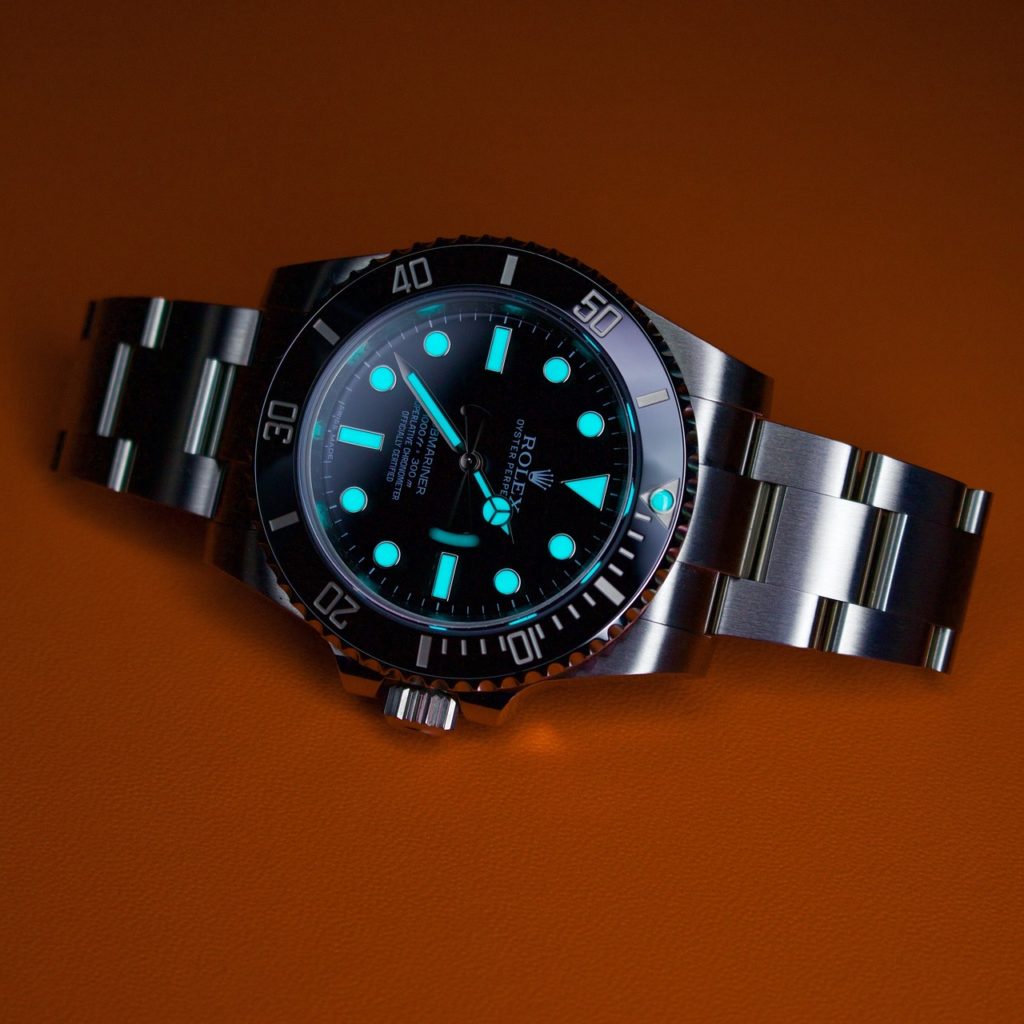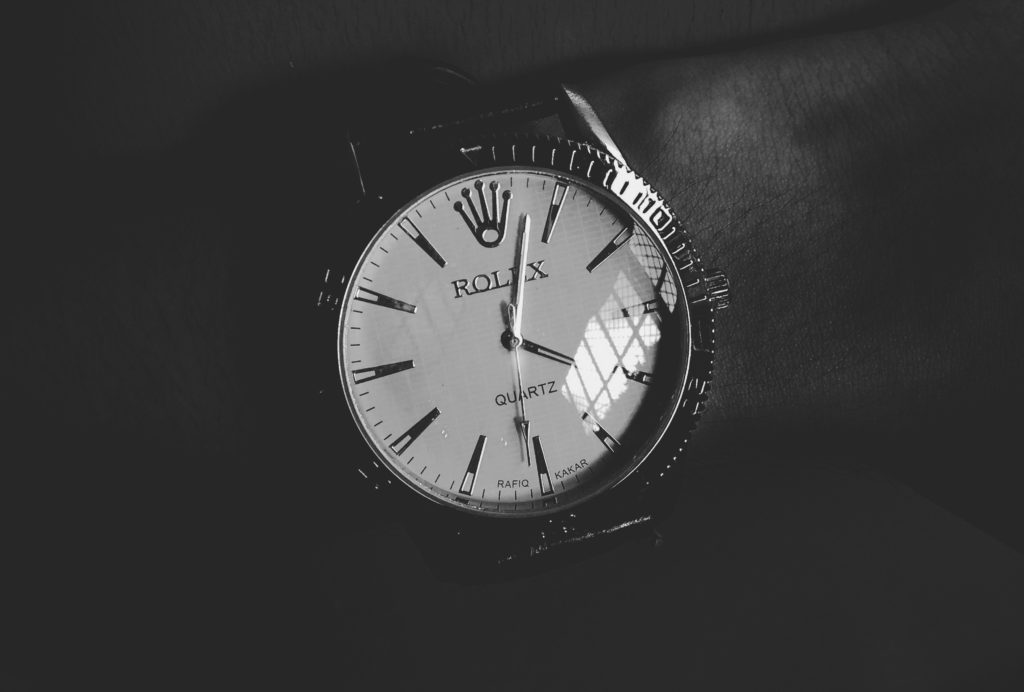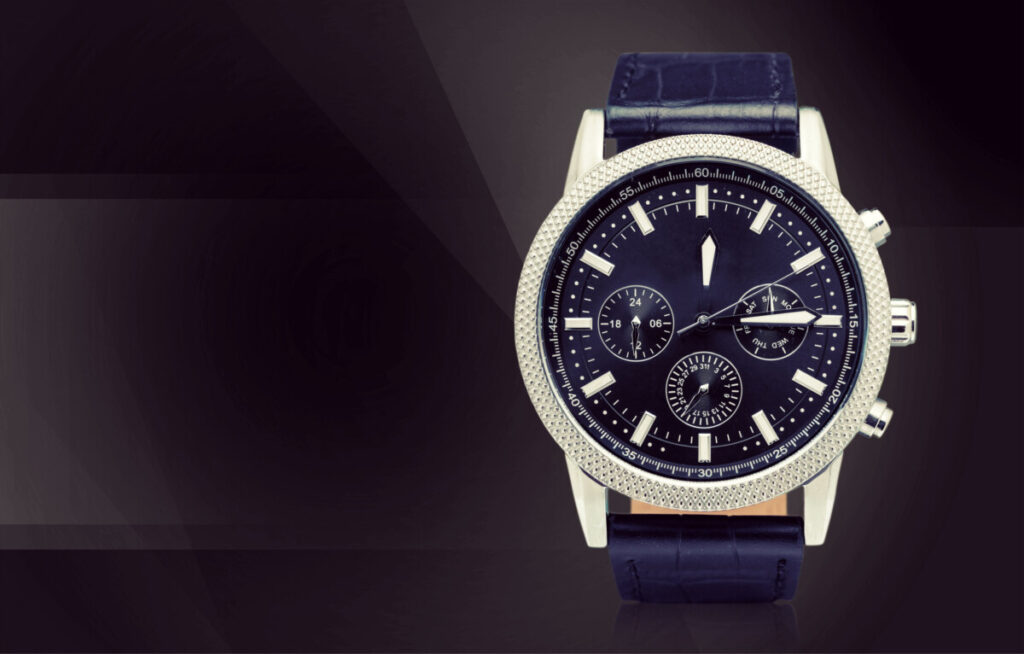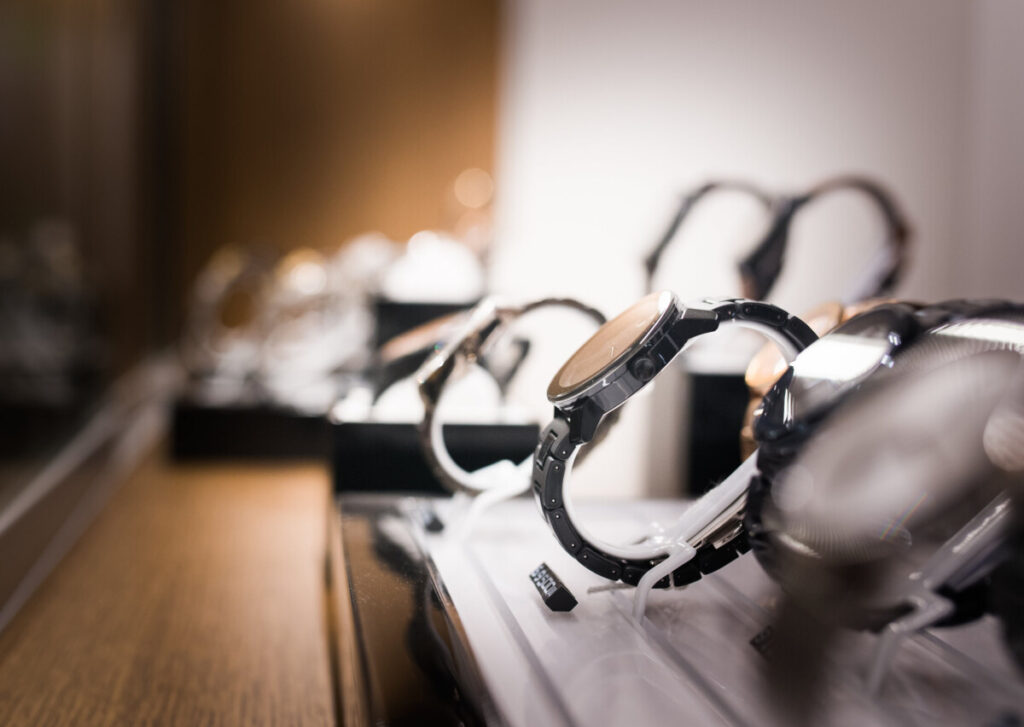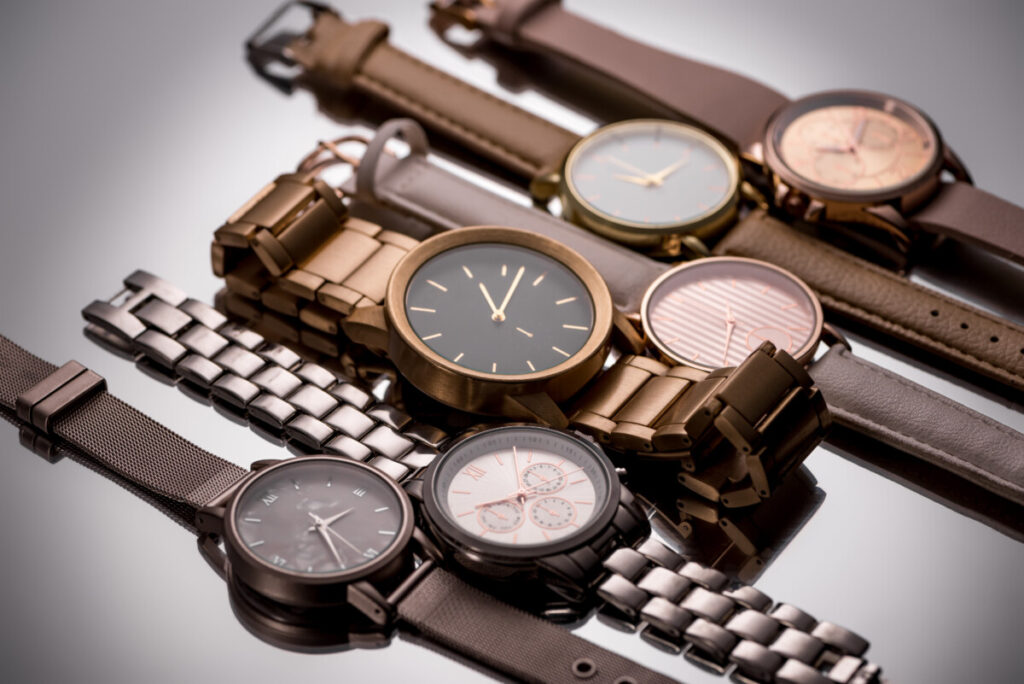Now you can listen to us read the article by clicking below!
If you’ve got an heirloom analog watch that’s been passed down in your family for generations, you may wonder how the watch has lasted so long. After all, many items have a relatively short lifespan, and after decades, you may start asking the question, “how long do analog watches last?”
Analog watches can last for hundreds of years if they are high quality and if you take good care of them. Manual and automatic analog watches that don’t require a battery usually last the longest of all watches since they don’t have electrical parts.
So, let’s discuss the factors that determine how long an analog watch lasts. I’ll give you all the details, and I’ll also tell you how you can make your watch last longer.
Types of Analog Watches
Analog watches do not have a digital display. Instead, they have a clock face with an hour hand, a minute hand, and sometimes a second hand. Analog watches may also include calendars on their faces.
The word analog is a retronym created after the invention of digital watches to differentiate the newer LCD-screen watches from their older counterparts. Analog watches have been around since 1868, and over the hundreds of years that they have existed, they have only gotten more durable and reliable.
Analog watches can be quartz, automatic, or manual. Generally, automatic and manual analog watches last longer than their quartz counterparts since they do not rely on electronic parts to keep running.
Quartz Analog Watches
Quartz watches use a battery and crystal quartz to keep time and are some of the most common cheaper watches available on the market. These watches can last more than 20 years as long as you regularly replace the battery and keep it clean.
Manual and Automatic Analog Watches
Automatic watches are spring-loaded, and they use mechanical gears and a spring to keep the time. Manual analog timepieces are similar to automatic ones, but you have to wind them every couple of days to load the spring that runs the watch.
These watches have stood the test of time, and many manual and automatic timepieces can last for hundreds of years, provided you have them regularly serviced. It is also easier to repair automatic and manual watches since they run on hundreds of replaceable and tiny gears, sockets, and springs.
So, overall, automatic and manual watches last significantly longer than quartz analog timepieces.
The Quality of Your Watch Makes All the Difference
If you want a watch that will last you more than 25 years, stick with a high-quality timepiece.
Cheaper watches are made with cheaper parts. Because these parts are usually less durable, an inexpensive piece will generally only last a few years.
On the other hand, high-quality watches made with durable metals, secure water-tight gaskets, and advanced components can last for hundreds of years.
So if you want something that will last longer than you live, pick a high-quality automatic or manual watch. In the end, you’re paying for something that you won’t ever have to replace, which could save you money in the long run.
Regular Maintenance Will Make Your Watch Last Longer
Naturally, if you want your watch to last as long as possible, you should get it checked over and tuned up regularly.
Watch servicing is crucial if you want to keep your timepiece in excellent condition for many decades to come.
For automatic and manual analog watches, you should generally have yours serviced every five to seven years to ensure that all of the gears run smoothly.
While servicing an automatic or manual piece, a jeweler will:
- Disassemble your watch
- Clean each component
- Lubricate each part
- Put them all back together
- Ensure that your watch is properly sealed and water-resistant before they return it to you
While quartz watches do not need to be serviced, they do need battery replacements. Generally, watch batteries will last between two and five years, depending on how much energy the watch uses. For example, watches with lights, alarms, and calendars may go through batteries more quickly.
If your quartz watch is high-quality, you can still get it serviced, but the process is usually not worth it for cheap timepieces.
During quartz watch servicing, the battery is replaced, and the interior of the watch is cleaned. Generally, this process is straightforward since quartz watches have far fewer moving parts than manual and automatic watches.
Keep Your Watch As Dry As Possible for the Longest Lifespan
Watches that are water-resistant or waterproof can still get water inside of them, and if the humidity gets too high inside a timepiece, you can shave years off of its lifespan.
Most watches are waterproofed with gaskets that protect the rust-prone and electronic parts from moisture. However, there are weak spots in every clock, such as the buttons or winding gear, where water tends to leak inside.
If you want to ensure that your watch lasts as long as possible, try to avoid water, even if your timepiece is waterproof or water-resistant.
Also, you should never change the time or date on your watch while you are underwater or in the shower since pressing buttons or adjusting the winding gear could invite water into your timepiece.
Keep Your Watch Away From Magnets
Watches are made out of many metal parts, and these components are often magnetic.
The tiny parts inside watches tend to get stuck or move if you put them near magnets, which usually adds or subtracts time from your watch. If the magnet is strong enough, it could also displace a small part of your watch, causing your timepiece to stop.
Even the magnets in stereos, phones, and other electronics can change your watch’s time, so try to keep your watch in a secure place away from other things when you’re not wearing it, and don’t put magnets near it.
So, make sure to keep all magnetic objects away from your watch if you want it to stay in good shape.
Final Thoughts
Automatic and manual analog wristwatches can last indefinitely as long as you take good care of them and have them serviced regularly.
However, quartz analog wristwatches don’t last as long, and the best quartz watches usually die after 20 to 25 years of use, even when kept in clean, excellent condition. That said, if you keep your high-quality timepiece serviced, dry, and away from magnets, it can last many years.
Sources
- Wikipedia: Analog watch
- Stones Jewelry: Mechanical vs. Quartz Movements: What Makes Your Watch Tick?
- Reis Nichols Jewelers: Mechanical Watches | How Often Do They Need to Be Serviced?
- Federation of the Swiss Watch Industry FH: What is the lifetime of a watch battery?
- Real Men Real Style: 7 Bad Habits That Will DESTROY Your Expensive Watch (That NO ONE Tells You About!)
- ThreadCurve: How Long Can a Wristwatch Last?
- Jack Mason: When Were Watches Invented?
- LIV: Can your automatic watch last a lifetime? (& 5 other questions worth answering)

